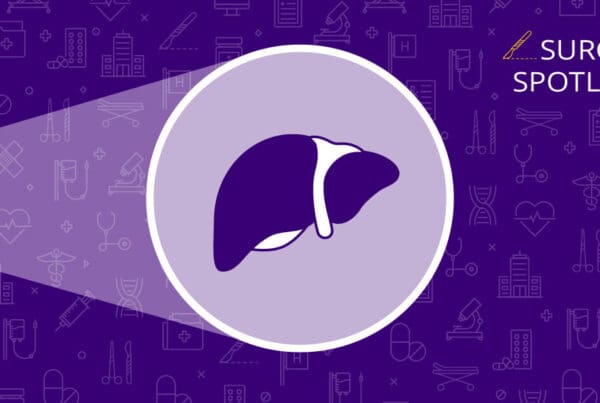We live in a developing country when it comes to mental health, one of the most neglected areas of health in the world. That’s the conclusion of a Lancet Commission on global mental health that I helped author. I’m one of 28 commissioners from around the world who wrote the report, declaring a crisis of inaction. Globally, our responses to mental health needs are woefully insufficient.
You can see this on our streets, too.
Two months after we moved to Seattle, my husband witnessed a disturbing scene on his walk to work. As he passed a graffiti-painted doorway, he heard screams. He saw a young man, nude from the waist up, with a hypodermic needle jutting from his arm.
In our state, self-harm was the fifth-leading cause of premature death in 2016. Alcohol and drug use disorders caused the greatest risk of death and disability in Washington. Around the world, mental and substance use disorders, combined, are the leading causes of disability.
Mental health is fundamental to our humanity, and it needs much more recognition from every sector of society.
An estimated 1.1 billion people live with mental disorders worldwide, across cultural and income groups, across national borders. Nearly 1 million people die by suicide each year. People with mental illnesses die, on average, 10-20 years earlier than those without–due to the same medical conditions that end most people’s lives. This is a disgrace. The social and economic costs are tremendous. In 2010 alone, the cost of lost economic output due to mental, neurological, and substance use disorders was between $2.5 – 8.5 trillion. Yet, the average mental health expenditure by governments around the world is only $2.50 per capita.
The Lancet Commission on Global Mental health and Sustainable Development calls for a transformative response: scale-up quality care around the globe, prevent mental disorders, promote mental health, address the social determinants that drive mental health problems, respect human rights and dignity, increase financing for mental health, and invest in research.
Integrating mental health care into primary care is a model promoted by the Department of Psychiatry and Behavioral Sciences at the UW School of Medicine that is transforming care here and abroad. This model needs to be adopted throughout the world.
Universities have the duty to equip our students and trainees to think deeply and implement wisely the mental health interventions that work, and to stimulate ideas that push our fields forward.
Researchers need the funding to develop new options for prevention, better choices for care, and to implement what we know works.
Society needs to end the stigma and discrimination around mental illness and support people going through struggles. Mental health problems occur along a continuum from wellness to distress to disorder, and we all slide somewhere along that scale.
The global health community in Seattle needs to put mental health on the map in terms of importance. Our city can play a huge role in transforming mental health promotion and care.
The global mental health community has effective tools to implement in low-, middle-, and high-income settings. They can change the trajectory of women’s and children’s health and well-being, contribute to the battle against AIDS, and reduce morbidity associated with heart disease, diabetes, and cancer.
On October 19, we will launch the Lancet Commission on Global Mental Health and Sustainable Development in a half-day symposium in Kane Hall at the University of Washington featuring speakers from Switzerland, Liberia, Kenya, the United Kingdom, China and more. Come and join forces to transform mental health around the world.
Dr. Pamela Y. Collins, professor of psychiatry and behavioral sciences at the University of Washington School of Medicine and of global health, is director of the University of Washington Global Mental Health Program, and a commissioner with the Lancet Commission on Global Mental Health and Sustainable Development.


